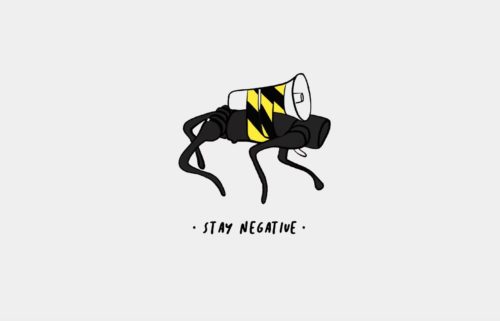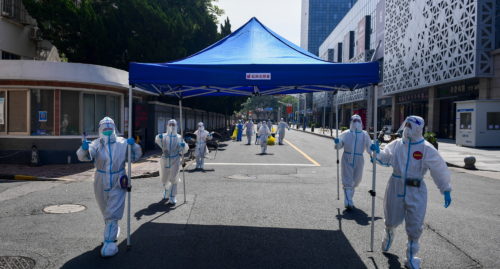Shanghai erects fences to keep locked-down residents inside their buildings
Shanghai’s COVID-19 lockdown just got a little more dystopian as authorities started putting up tall metal fences to imprison people inside their apartment complexes.
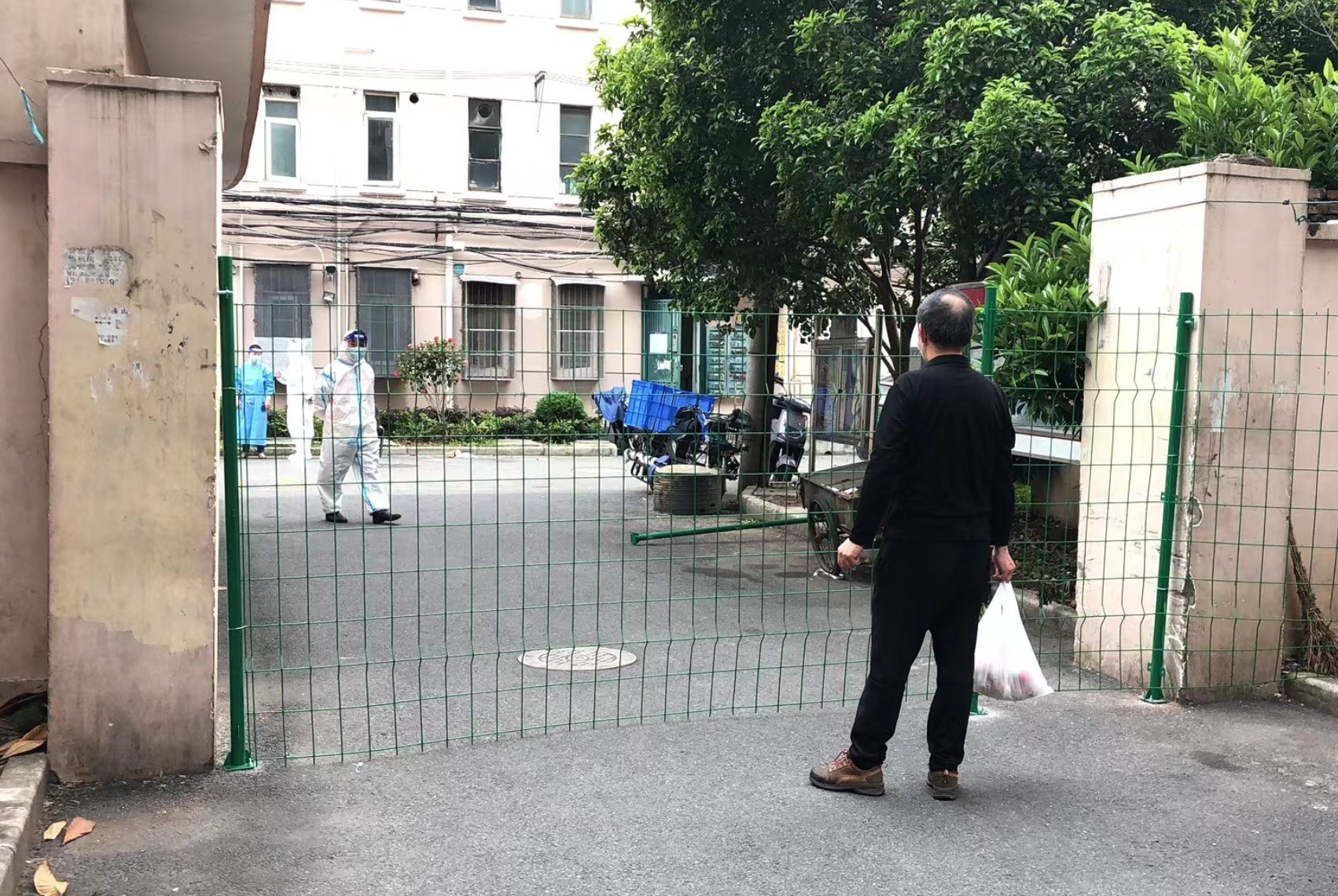
Just when you thought COVID-19 restrictions couldn’t get more draconian in Shanghai, where a harsh, indefinite lockdown just entered its fifth week in some parts of the city, local authorities have begun installing metal barriers and high fences outside residential buildings to prevent people from leaving their homes. Referred to as “hard isolation” in government mandates, the practice has ignited renewed outrage among the metropolis’s 25 million residents, whose personal plights under the lockdown have made international headlines in the past few weeks.
Over the weekend, images and videos of anti-epidemic workers in full hazmat suits made the rounds on Chinese social media as they put up green fences to obstruct entrances to some buildings in the city’s Pudong District.
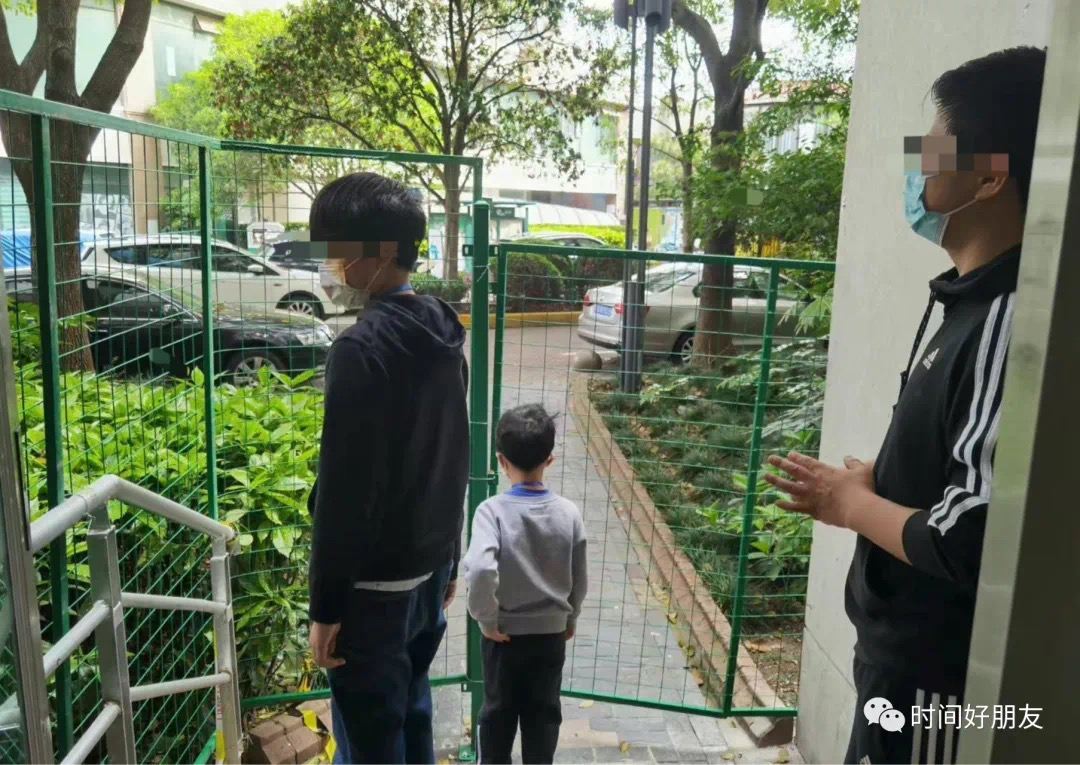
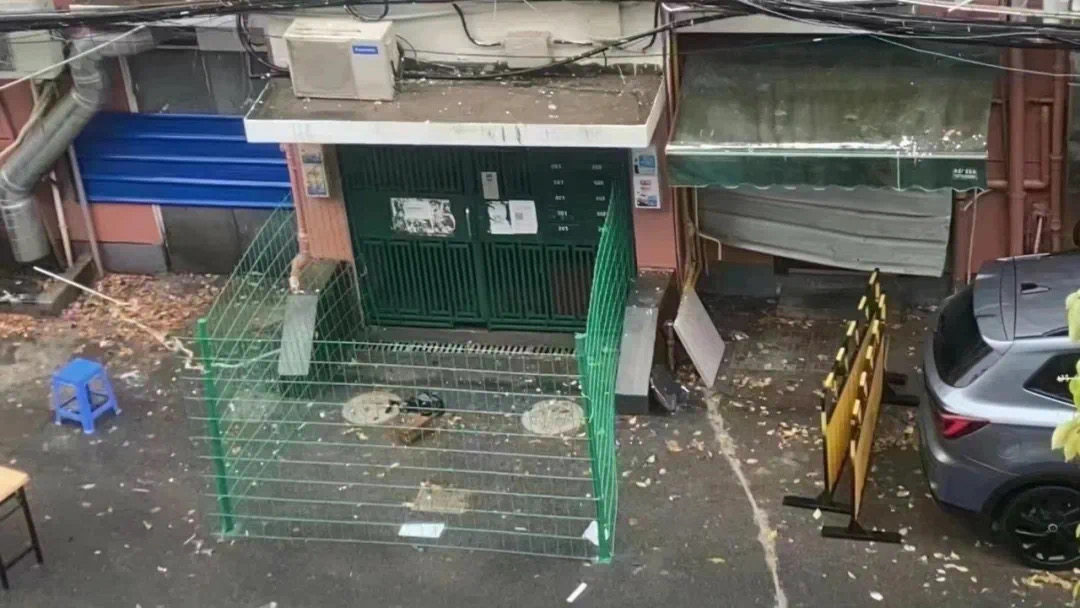
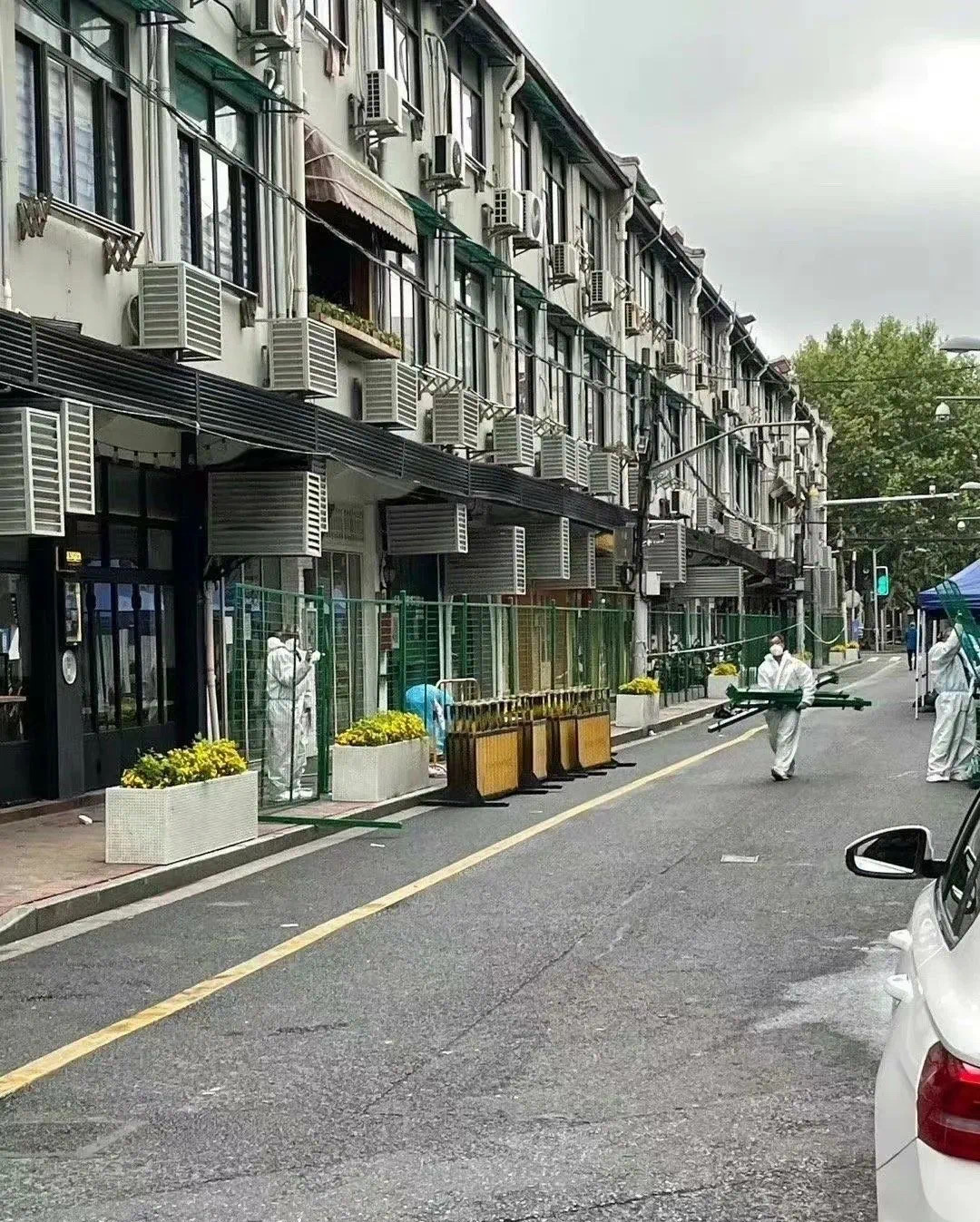
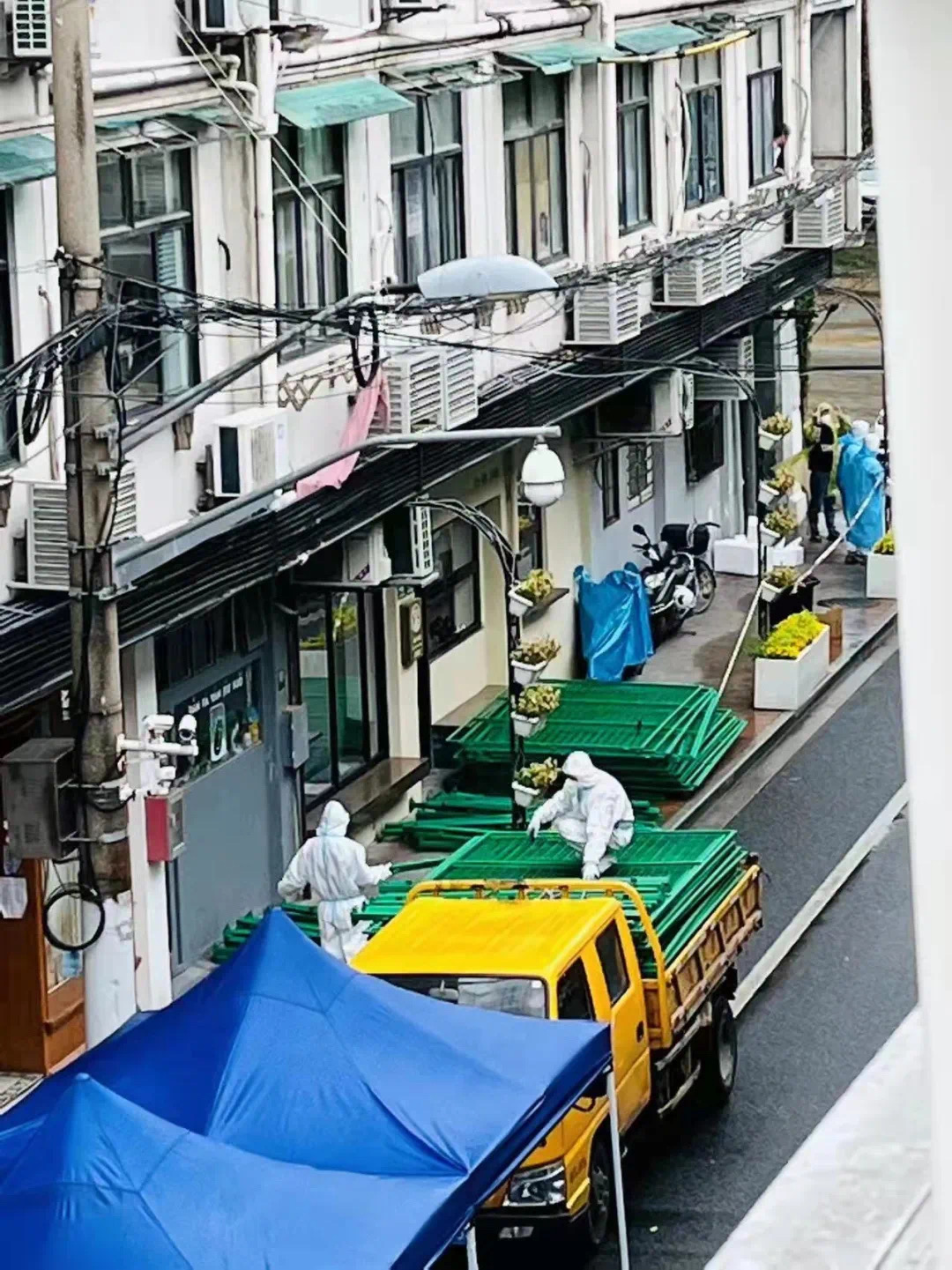
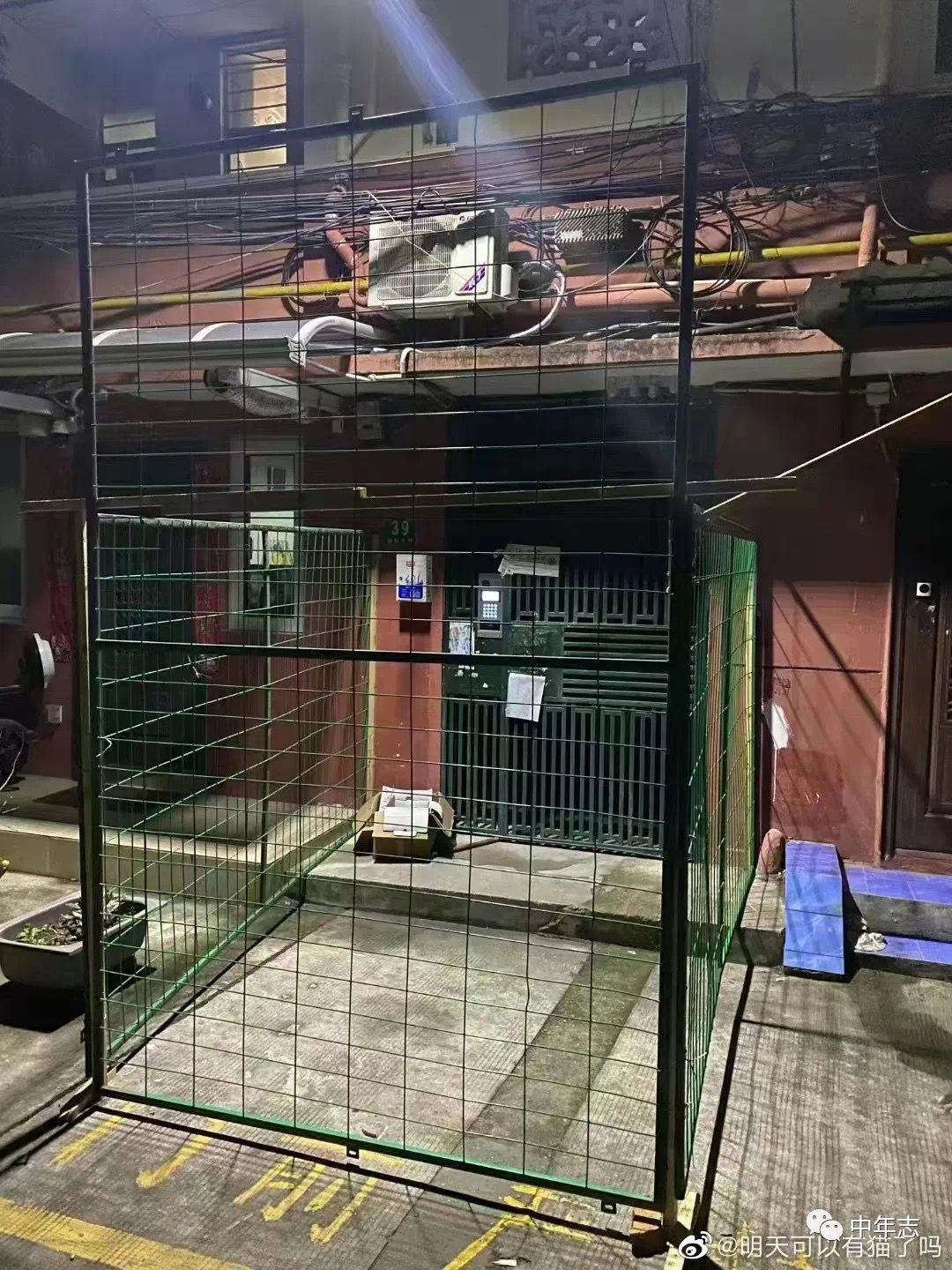

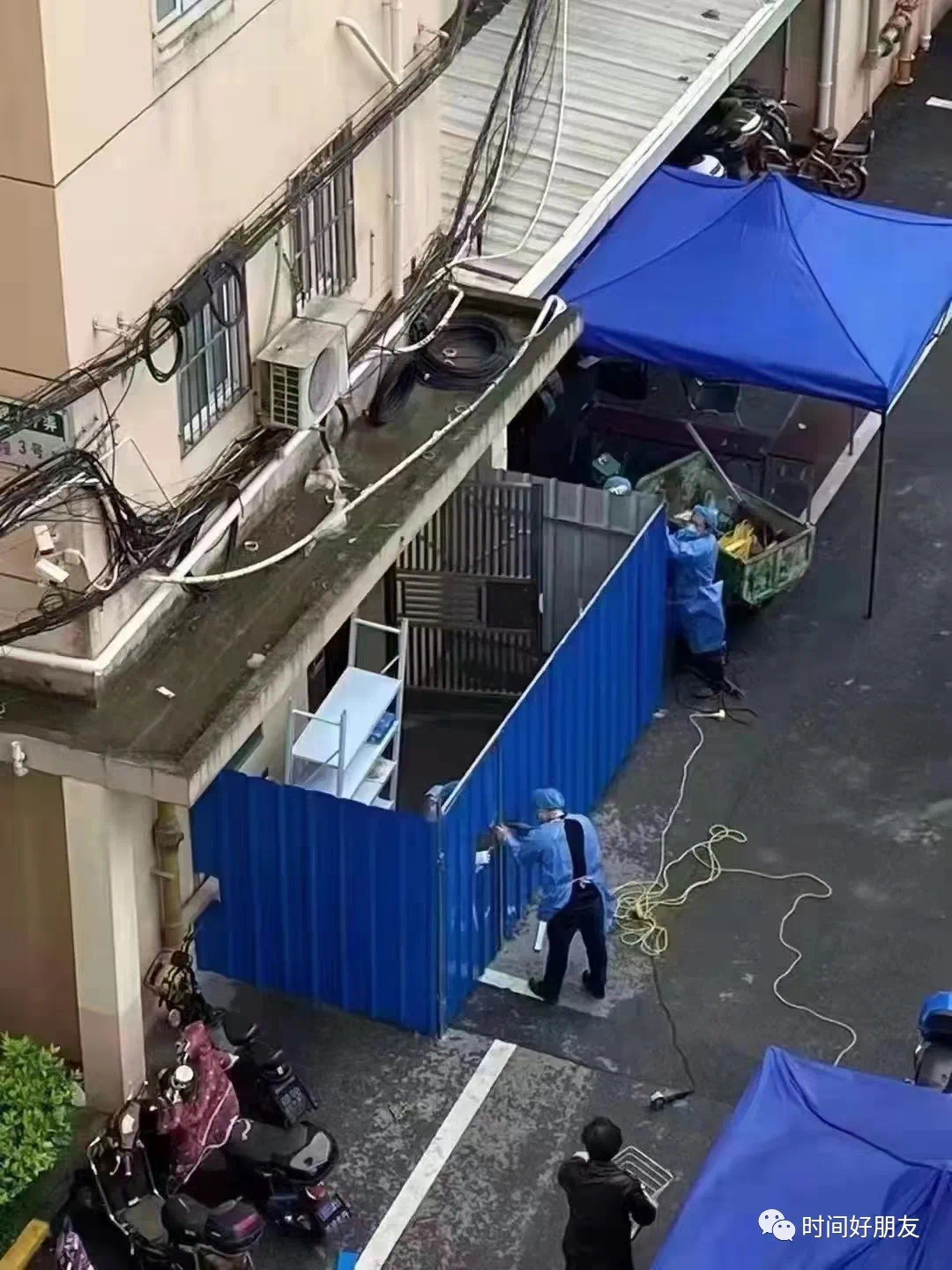
According to an official directive leaked on the Chinese internet, most places affected by the fences are in Pudong’s “sealed areas,” a designation for buildings where at least one person has tested positive for COVID recently.
Health authorities in Pudong wrote in the document that “sealed-off buildings and neighborhoods” should have security personnel in place 24 hours a day to ensure enforcement, and that all fences should be erected by Saturday at midnight.
Shanghai, China’s largest city and most important economic hub, has been under a strict lockdown since late March amid a surge of COVID-19 infections driven by the highly contagious Omicron variant. Cooped up in their homes, people in Shanghai have been vocal about their dissatisfaction with the authorities’ handling of the outbreak, with many complaining that the chaotic management has jeopardized their access to fresh groceries and non-COVID medical treatments.
Perhaps foreseeing the backlash that the fences would spark, Pudong officials stated in the mandate that before installing the blockers, anti-epidemic workers should explain the impetus behind their action to affected individuals and “actively look for their support and understanding.”
Cruel and unusual fire hazards
However, transparent communication appeared to be not enough to calm the minds of many people in Pudong, who have grown increasingly indignant at the government for its harsh quarantine policies. In one video (in Chinese), a group of residents can be heard screaming from windows of their high-rise apartment buildings as workers put up the fencing. “If you ever dare to install the fences, I will come down to tear them down. I don’t care if I will go to prison for this,” a man yells. In another video, a woman can be seen blocking the construction of fences at the main gate of her residential compound. “Are we livestock? This is way out of line,” she says (in Chinese).

On Weibo, the news of “hard isolation” has resulted in an outpouring of sympathy and anger, with many condemning the practice as “unconscionable” and “a clear violation of personal rights” of those affected. “I’ve only seen fences like this in two places, zoos and prisons,” a Weibo user wrote (in Chinese), while another one commented (in Chinese), “It’s the unchecked power of Shanghai authorities that should be put in a cage, not innocent people.”
Some internet users pointed out that the structures would put residents at serious risk of fire hazards. “What if a fire breaks out? How can the elderly or those in wheelchairs climb over the fences?” a person asked (in Chinese). Others questioned the legality of sealing off people’s homes. To justify their criticism, many of them pointed to a set of Q&As (in Chinese) published in March by the Standing Committee of the National People’s Congress of China, the country’s top legislator, where Zāng Tiěwěi 臧铁伟, a spokesperson for the Legislative Affairs Commission of the NPC Standing Committee, labeled “hard isolation” measures as “unlawful” and “unreasonable.”


